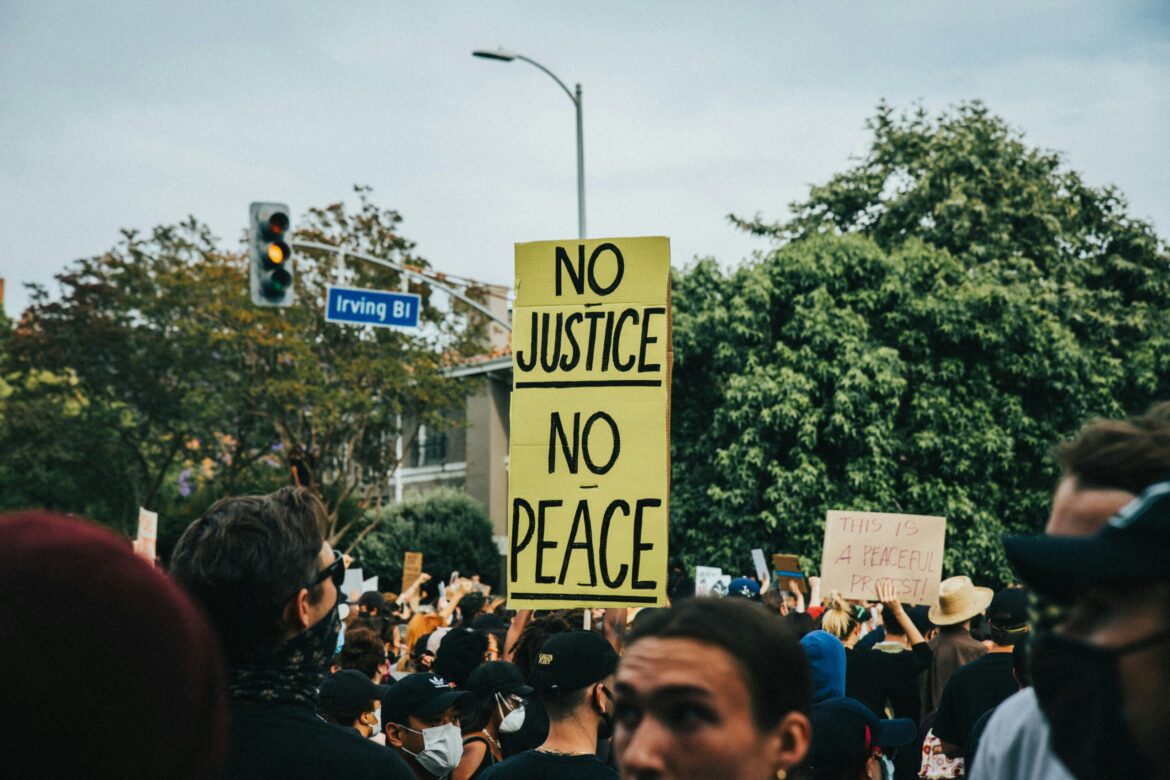The University of Southern California (USC) found itself at the center of a national controversy during the week of April 15–21, 2024, as growing protests over the Israel-Gaza conflict escalated into a dramatic confrontation between students and law enforcement. The protests, sparked by the university’s decision to revoke the commencement speech of Asna Tabassum, a pro-Palestinian valedictorian, led to a series of events that raised pressing questions about free speech, academic freedom, and institutional accountability.
Speech Cancellation Fuels Outrage
USC’s decision to cancel Tabassum’s speech, originally scheduled for the commencement ceremony, was justified by administrators as a necessary security measure amid concerns over potential disruptions. However, critics argued that the move was a blatant act of censorship, effectively silencing a student who had spoken out on behalf of Palestinian rights. This sparked immediate backlash from student groups and faculty members alike, many of whom viewed the cancellation as part of a broader pattern of repressing pro-Palestinian voices within U.S. academic institutions.
Encampment and Police Intervention
In response, student organizers quickly mobilized and established a protest encampment on campus grounds, joining a wave of similar demonstrations emerging at universities across the country. Demonstrators demanded both the reinstatement of Tabassum’s speaking role and broader university divestment from companies linked to Israel’s military operations.
On April 24, tensions peaked when USC administrators called in the Los Angeles Police Department to dismantle the encampment. In a show of force that included riot police in tactical gear, authorities arrested 93 individuals—mostly students and university staff—sparking even wider condemnation from civil rights advocates and labor unions.
Community Response and Institutional Fallout
Among the most vocal critics was Maile McCann, a PhD candidate and representative of UAW Local 872, who condemned the university’s actions. “USC’s summoning of LAPD riot police to arrest their own students and workers for peacefully demonstrating is abhorrent and wrong,” McCann said in a statement that quickly circulated across social media and news outlets.
The fallout continued as the university made the controversial decision to cancel the main commencement ceremony altogether, citing ongoing safety concerns. This unprecedented move drew sharp criticism from students and their families, many of whom felt betrayed by an administration that they said prioritized image control over community engagement.
National Spotlight and Broader Implications
USC’s actions have drawn national attention, highlighting the growing tension between university administrations and student activism in an increasingly polarized political climate. The incident has intensified debates about the limits of free expression on campus, the role of police in academic settings, and the responsibility of institutions to engage with global humanitarian crises.
As protests continue to spread across other campuses, USC’s handling of the situation is likely to serve as a case study in how not to respond to student dissent—especially when it intersects with international political conflict and deeply held human rights concerns.

